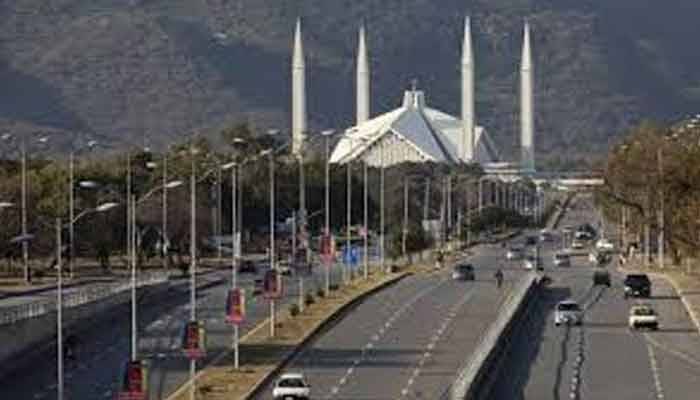Pakistan has many legal options in response to Indian move: legal experts
Shares

ISLAMABAD: Pakistan has several legal options in response to the recent unprecedented decision taken by the Indian government, revoking Article 370 of its constitution, stripping the Indian Held Kashmir (IHK) of its special status.
India the other day revoked the special status of IHK and rushed through a presidential decree in a bid to fully integrate its only Muslim-majority region with the rest of the country, hours after imposing a major security clampdown in the region. Pakistan in response was quick to reject the decision, declaring it as violation of the United Nations Security Council (UNSC) resolutions since Kashmir is an internationally-recognised dispute. Legal observers believe that in order to cope with the recent situation arising out of the Indian government's move, Pakistan can adopt several legal options.
First and foremost, it can approach the UNSC that exercises jurisdiction both under chapters 6 and 7 of the UN Charter over both “disputes” and “situation” likely to endanger international peace and security, said Ahmer Bilal Sufi, senior advocate of the Supreme Court. He said that what India has been doing in terms of military build-up and constitutional amendment constitutes both a dispute and a situation likely to endanger peace of South Asia and therefore security council ought to take notice of these developments. Ahmer being an expert on international law said that UN secretary general needs to be apprised of these developments as he has a mandate under independent resolution of 1998 to update measures that India and Pakistan have taken.
"These remain major legal forums and Pakistan can attempt after appropriate homework to consider approaching the UN General Assembly as well," Ahmer Bilal told. Apart from these options, he was of the view that some research needs to be undertaken to explore if the International Court of Justice (ICJ) could be approached or not. Further, he said that Pakistan can insist on the special session of the OIC and SCO as well.
Ahmer Bilal said that Pakistan also needs to approach relevant capitals of the world as Indian violation of international law and that of bilateral treaties and that of its own constitution is patent and self-evident.
Shah Khawar, another senior expert on international law, said that ICJ is the principal court of the UN which settles international legal disputes submitted by the states. He said that it also renders advisory opinions as referred by the UN. "Pakistan can’t invoke jurisdiction of ICJ to unilaterally settle the present scenario created by India, which is beyond the jurisdiction of ICJ," Shah Khawar maintained.
Referring to the present situation created by India, Shah Khawar said Pakistan can approach the UNSC for its intervention to compel India to refrain from its nefarious designs which may endanger war between two nuclear countries.
On the dispute of Kashmir, Shah Khawar said that government of Pakistan must take up this matter before OIC to mount pressure on India to behave and does not endanger the regional peace and observers human rights.
"Apart from this, the government of Pakistan must send special envoys to friendly countries and especially to the permanent members of UN Security Council for lobby against India," Khawar said.
Meanwhile, Indian Supreme Court advocate Akhil Sibal said if there is president’s rule (in IHK), then how does that work? Does it fulfill the requirement? “That to my mind would be the legal fault-line,” he said.
Malavika Prasad, a constitutional lawyer, said: “How did the government of IHK concur with the changes if the state has been under presidential rule for a year now?” Indian lawyers said they expect several petitions challenging India’s changes to Article 370. One group of lawyers in New Delhi is already working on a possible petition, an attorney said.
India’s Supreme Court is the likely venue for petitions against the government’s revoking of the state’s special rights, they said. There could also be legal objections to related Indian government legislation concerning the division of IHK into two entities.
